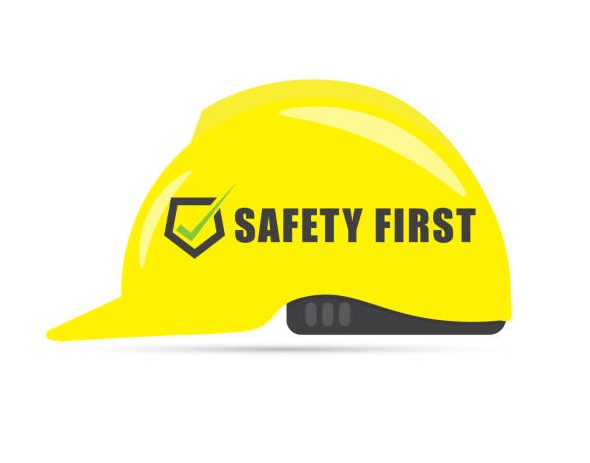Why is Safety Training Important? Because Workers’ Lives are at Stake

Why is safety training important? Because, as several companies involved in a fatal incident learned, without it, workers can lose their lives.
After six workers died following a liquid nitrogen leak that displaced the oxygen in the room they were working in, four companies were fined almost $1 million for the roles they played in the tragic incident.
 No Precautions Before Entry
No Precautions Before Entry
Foundation Food Group Inc. and Messer LLC, both based in New Jersey, and Packers Sanitation Services of Wisconsin and FS Group Inc. of Alabama have been accused by OSHA of 59 violations leading to the deaths of the six workers.
The incident occurred Jan. 28, 2021, when a freezer malfunctioned at a Gainesville, GA, poultry processing facility owned by Foundation Food Group – and operated in part by all four companies.
Three of the plant’s maintenance workers entered the freezer room without precautions and were overcome immediately because of a liquid nitrogen leak that caused the oxygen in the room to be displaced. Other workers entered the room and were also overcome, according to a Department of Labor news release. The maintenance workers and two other workers died immediately, while a sixth died on the way to the hospital. A dozen other workers were injured and required hospital care. None of the employees were trained on the hazards of nitrogen exposure.
Investigation
An OSHA investigation found Foundation Food Group and Messer failed to implement safety procedures necessary to prevent nitrogen leaks or to equip their workers with the knowledge and equipment that could have saved their lives while responding to a leak.
Packers Sanitation Services Inc. Ltd., which provided cleaning and sanitation services at the facility, and FS Group, which manufactures equipment and provides mechanical servicing, are also accused of failing to train their workers on the same hazards. The four companies received a total of $998,637 in penalties.
Violations included failure to train employees on hazards of liquid nitrogen and anhydrous ammonia, lack of lockout/tagout procedures and failure to implement a written permit space entry program.
Blog Posts
Latest Posts
Related Posts


 No Precautions Before Entry
No Precautions Before Entry



